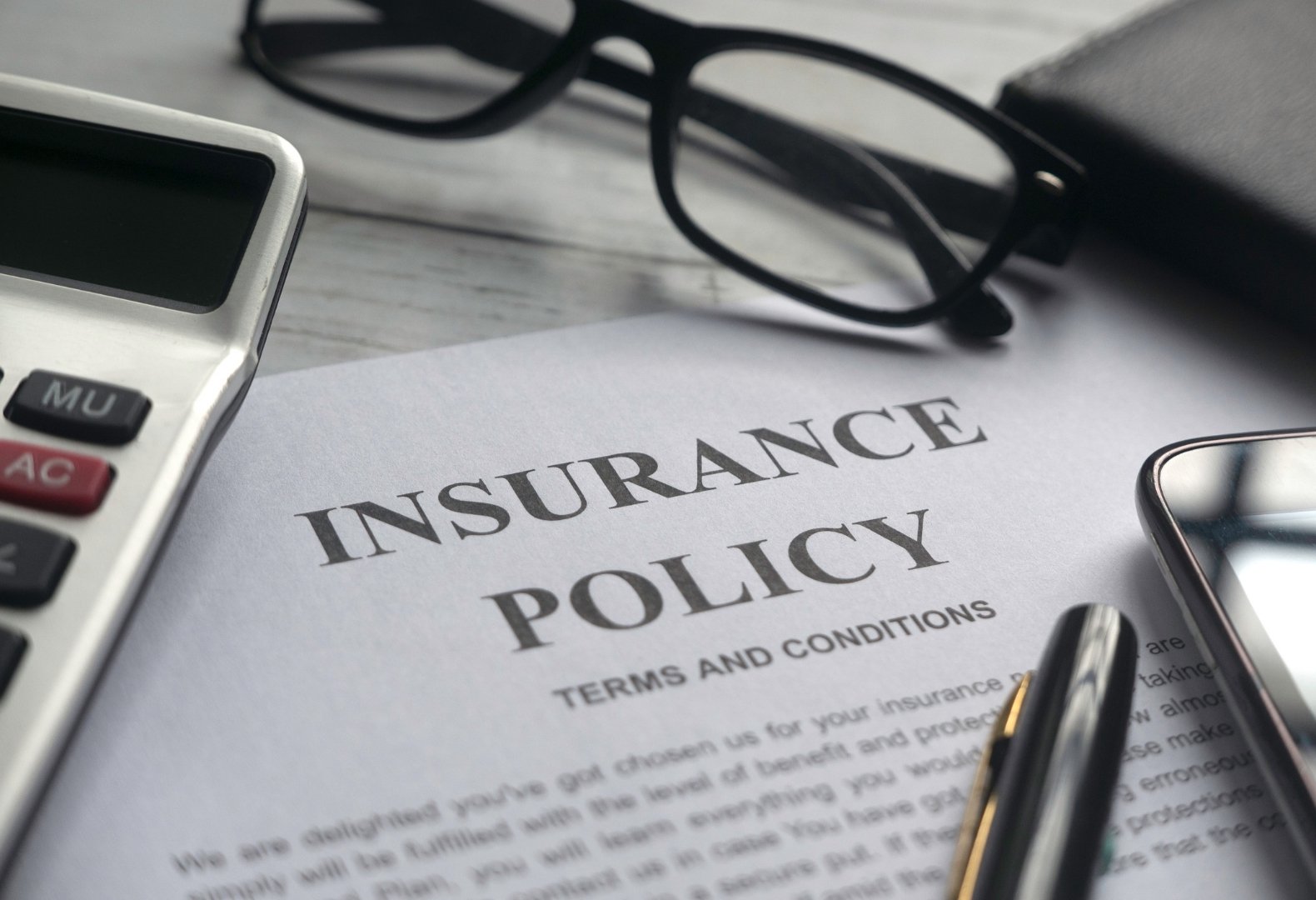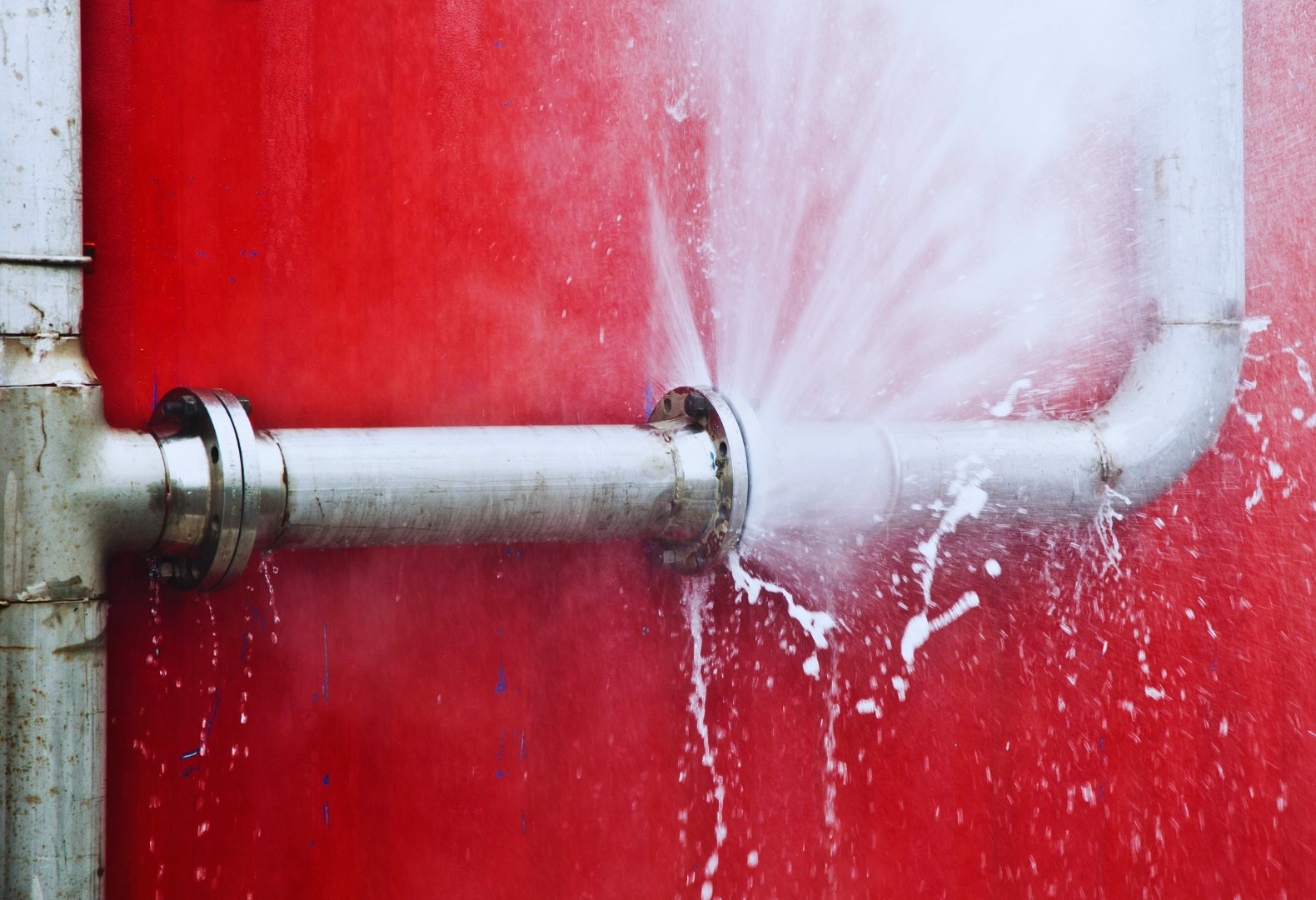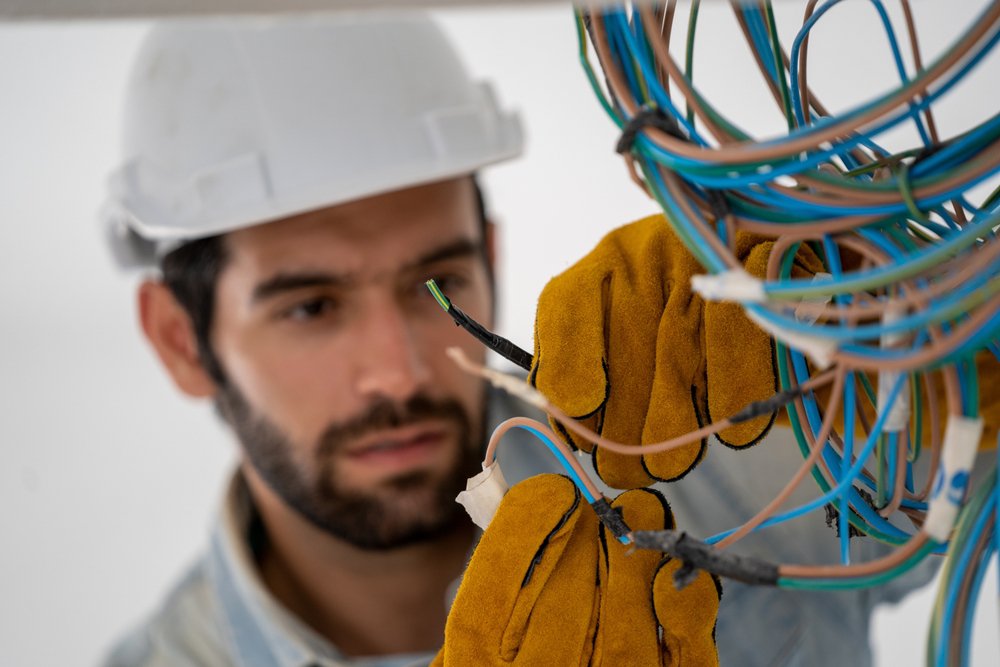When disaster strikes, whether it’s water damage from a burst pipe, contamination creeping through the walls, or a fire wreaking havoc, property managers and facility operators are often left scrambling to file insurance claims. The process can be daunting, with insurance companies notoriously delaying or underpaying claims. One of the most crucial but often overlooked factors in the success of a claim is whether your adjuster holds a certification from the Institute of Inspection, Cleaning, and Restoration Certification (IICRC). Certified adjusters, particularly those with IICRC credentials, are better equipped to handle specific types of damage, and having one on your side can significantly affect the outcome of your claim.
What Is IICRC Certification?
The IICRC is a globally recognized organization that sets standards and offers certification in cleaning, inspection, and restoration. Their qualifications are highly respected across the insurance and restoration industries, particularly for their expertise in handling water, microbial growth, and fire damage.
IICRC-certified adjusters are trained extensively in how to assess and document different types of property damage. This includes everything from understanding the nuances of contamination and its potential impact on building structures to the complexities of water damage that isn’t immediately visible but can lead to significant problems down the line.

Specialized Training: Why It Matters
While most insurance adjusters hired by large carriers may have general experience with property damage, they typically lack the specialized training required to assess complex situations like water damage and the ensuing contamination properly. IICRC certification, on the other hand, ensures that adjusters have in-depth knowledge of how specific types of damage unfold, the proper protocol for remediation, and the long-term consequences they can cause if not handled correctly.
For example, water damage can vary in severity. A non-certified adjuster may overlook moisture buildup behind walls that could later lead to microbial growth or saturation of structural components that will cause structural issues over time. In contrast, an IICRC-certified adjuster would use industry-standard techniques and equipment to thoroughly inspect the damage and recommend the proper course of action, including moisture mapping and infrared thermography.
The Glaring Gap: Most Insurance Adjusters Are Not IICRC Certified
Despite the benefits of IICRC certification, the unfortunate reality is that most insurance company adjusters do not hold these qualifications. This lack of certification can lead to inaccurate assessments, resulting in claim denials or underpayments that leave property owners covering repairs out of pocket.
A study by the Office of Program Policy Analysis and Government Accountability (OPPAGA) highlighted how frequently insurance companies deny, delay, and underpay claims. The study found that many claims were undervalued due to improper assessments, especially for complex cases involving water damage and microbial growth damage that can follow if not properly dried. This is a critical gap in the industry, as water damage, in particular, can escalate if not addressed immediately and thoroughly.
How Does This Impact Policyholders?
Property managers and commercial contractors often bear the brunt of these inadequacies. Incorrectly assessed water damage can lead to costly repairs later, while under-assessed fire damage might mean crucial structural issues go unaddressed. Unfortunately, when an adjuster without IICRC certification assesses your property, you're more likely to experience delays in your claim, lowball settlement offers, or outright denials.
Insurance companies rely on the general knowledge of their adjusters, but their business model incentivizes minimizing payouts. An undertrained adjuster without the necessary credentials is more likely to misidentify or undervalue the damage, putting policyholders at a significant disadvantage.
Can You Request a Certified Adjuster?
Yes, and you should. Policyholders have the right to request an IICRC-certified adjuster. When dealing with complex damage claims, it’s crucial to ask if the adjuster assigned to your case has the necessary qualifications to evaluate the situation correctly. If they don’t, you can either request a different adjuster or seek a second opinion through a certified public insurance adjuster who specializes in representing policyholders, rather than insurance companies.
Organizations like the National Association of Public Insurance Adjusters (NAPIA) and the American Policyholder Association (APA) advocate for property owners, stressing the importance of working with certified professionals to ensure fair treatment during the claims process. NAPIA has repeatedly highlighted how insurance companies employ adjusters who are incentivized to reduce claim payouts, making certified adjusters invaluable allies for policyholders.

What to Do If Your Claim Is Denied or Underpaid
If your claim has been denied or underpaid, all is not lost. Hiring a certified public adjuster can often turn things around. Public adjusters are licensed to work on behalf of policyholders and are skilled at negotiating with insurance companies to get claims re-evaluated and paid fairly. The National Association of Insurance Commissioners (NAIC) emphasizes the role of public adjusters in ensuring claims are properly settled, particularly in cases where the insurer’s adjuster lacks the specialized training to handle the damage properly.
Final Thoughts
IICRC certification isn't just a line on a resume—it's a marker of expertise that can significantly affect the outcome of your insurance claim. Whether you're dealing with water damage, contamination, or fire damage, having a certified adjuster ensures your claim will be handled with the thoroughness and professionalism it requires. If you're faced with an underpaid or denied claim, don’t hesitate to consult with a public adjuster with the necessary credentials to represent your best interests.
Claim Services We Provide
Velocity Public Insurance Adjusters handles a variety of claim types for both commercial and residential property losses: weather-related damage, theft and vandalism, fire and smoke damage.
Members of
Velocity Public Insurance Adjusters is a Certified Firm with the IICRC.
IICRC Certified Firms are known for their high level of technical experience and professionalism.
With the rapid increase in consumer calls due to the demand for mitigation and restoration projects,
Certified Firms are working in the field every day and have unmatched expertise in complex restoration projects.
Client testimonials
Don't take our word for it, see what our clients are saying about us.
Contact us
Schedule a free, no-obligation, claim and policy review. Every property claim is different, and we'd like the opportunity to provide you with an assessment of your unique situation.
- Indiana
- Kentucky
- Michigan
- Ohio
- Iowa
- Wisconsin
- South Carolina
Use of Information Purpose: We use your information to send mobile messages and respond to your inquiries as necessary. This may involve sharing your information with platform providers, phone companies, and other vendors who assist in message delivery.
Protection of Information: We do not sell, rent, loan, trade, lease, or otherwise transfer for profit any phone numbers or customer information collected through the SMS program to any third party.
Disclosure: We may disclose your information if required by law, regulation, or governmental request, to avoid liability, or to protect our rights or property.
Choices and Controls Consent: Consent to receive automated marketing text messages is not a condition of any service we provide.
Opt-Out: You can opt out of receiving further text messages via the Messaging Service by responding to any of our text messages with any of the following replies: STOP, END, CANCEL, UNSUBSCRIBE, or QUIT.
Your Responsibilities Accurate Information: Ensure that the information you provide is accurate, complete, and truthful. Do not use a false or misleading name or a name you are not authorized to use.
Consequences: If we believe the information provided is untrue, inaccurate, or incomplete, or if you have joined the program for ulterior motives, we may deny you access to the program.












